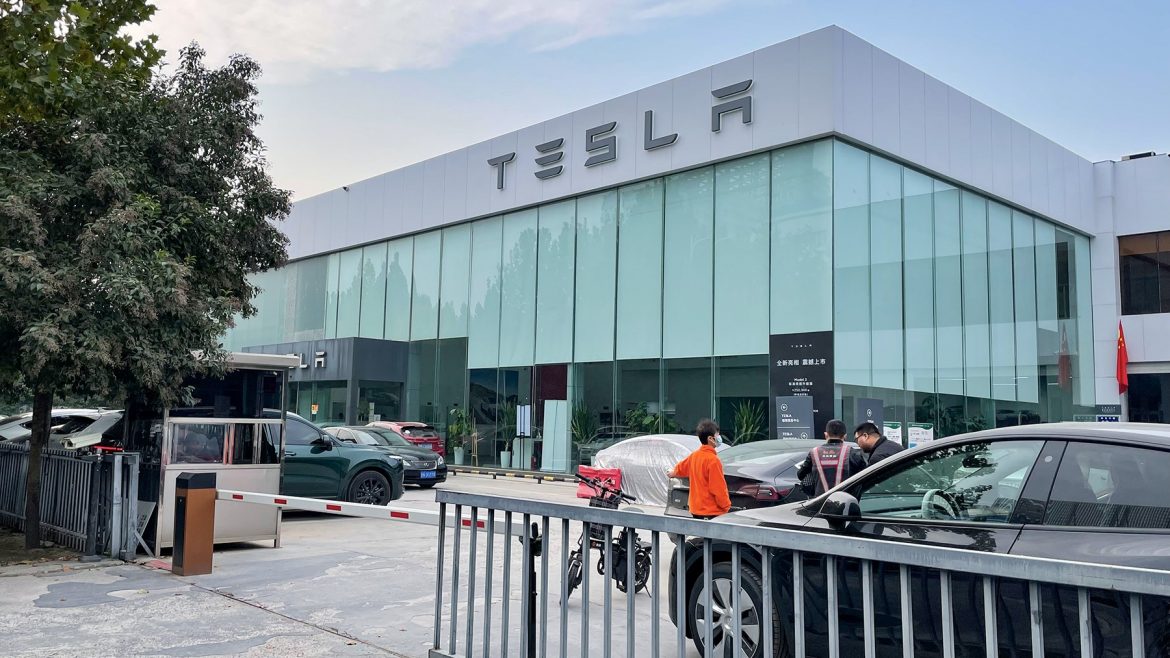Tesla Inc, led by billionaire Elon Musk, has issued a robust defense against allegations made by California’s Department of Motor Vehicles (DMV) regarding the misleading use of “Autopilot” and “self-driving” terminology. In response to regulatory actions, Tesla argues that the DMV had tacitly approved these terms in previous investigations, thereby challenging the basis of the accusations.
Previous investigations
California’s DMV had accused Tesla last year of falsely advertising its Autopilot and Full Self-Driving features as offering autonomous vehicle control. Tesla, in a filing with the state Office of Administrative Hearings, revealed that the DMV had previously investigated the use of the Autopilot brand in 2014 and related phrases in 2017. However, no action was taken, and Tesla asserts it received implicit approval.
Legislative developments
Tesla highlights that in 2016, the DMV opted not to prohibit the use of terms such as “self-driving” when formulating regulations about statements on autonomous technology. Additionally, changes in legislation removed a prior prohibition on such terms that existed in an earlier DMV draft. Tesla contends that it relied on the DMV’s implicit approval of the terminology in question.
Implicit Approval
Tesla asserts that the DMV’s failure to take action in previous investigations and legislative decisions not to prohibit certain terminology indicated implicit approval. The electric car company contends that it had no reason to believe its use of the “Autopilot” and “self-driving” terms could be problematic, given the regulatory history.
Current allegations and disclaimers
In response to the 2022 complaints, Tesla maintains that its advertising accurately communicates the capabilities of its advanced driver assistance systems (ADAS). The company’s website explicitly states that these technologies “require active driver supervision,” emphasizing the need for a “fully attentive” driver with hands on the wheel, and stresses that they do not make the vehicle autonomous.
Misleading claims
The DMV’s allegations centre around Tesla supposedly misleading potential customers with advertising that overstated the effectiveness of its ADAS. The DMV contends that Tesla’s disclaimer, requiring active driver supervision, contradicts the initial misleading labels and claims, thereby not rectifying the violation.
Tesla’s defence on disclaimer
Tesla rebuts the DMV’s argument, stating that its disclaimer serves to clarify the technology’s limitations and the need for driver supervision. Tesla contends that the disclaimer aligns with industry standards and ensures that customers are fully aware of the system’s capabilities.
Potential remedies
The DMV’s regulatory actions could lead to various remedies, including the suspension of Tesla’s license to sell vehicles in California, a critical market for the company. Additionally, the DMV may seek restitution for affected drivers. Tesla faces the challenge of defending its terminology and disclaimers in the face of potential sanctions.
Industry scrutiny and consumer awareness
The case raises broader questions about the use of terminology in the autonomous vehicle industry and the responsibility of automakers in ensuring consumer understanding. As the investigation unfolds, it prompts a closer examination of industry standards, regulatory oversight, and the role of disclaimers in shaping consumer perceptions of advanced driver assistance systems.



